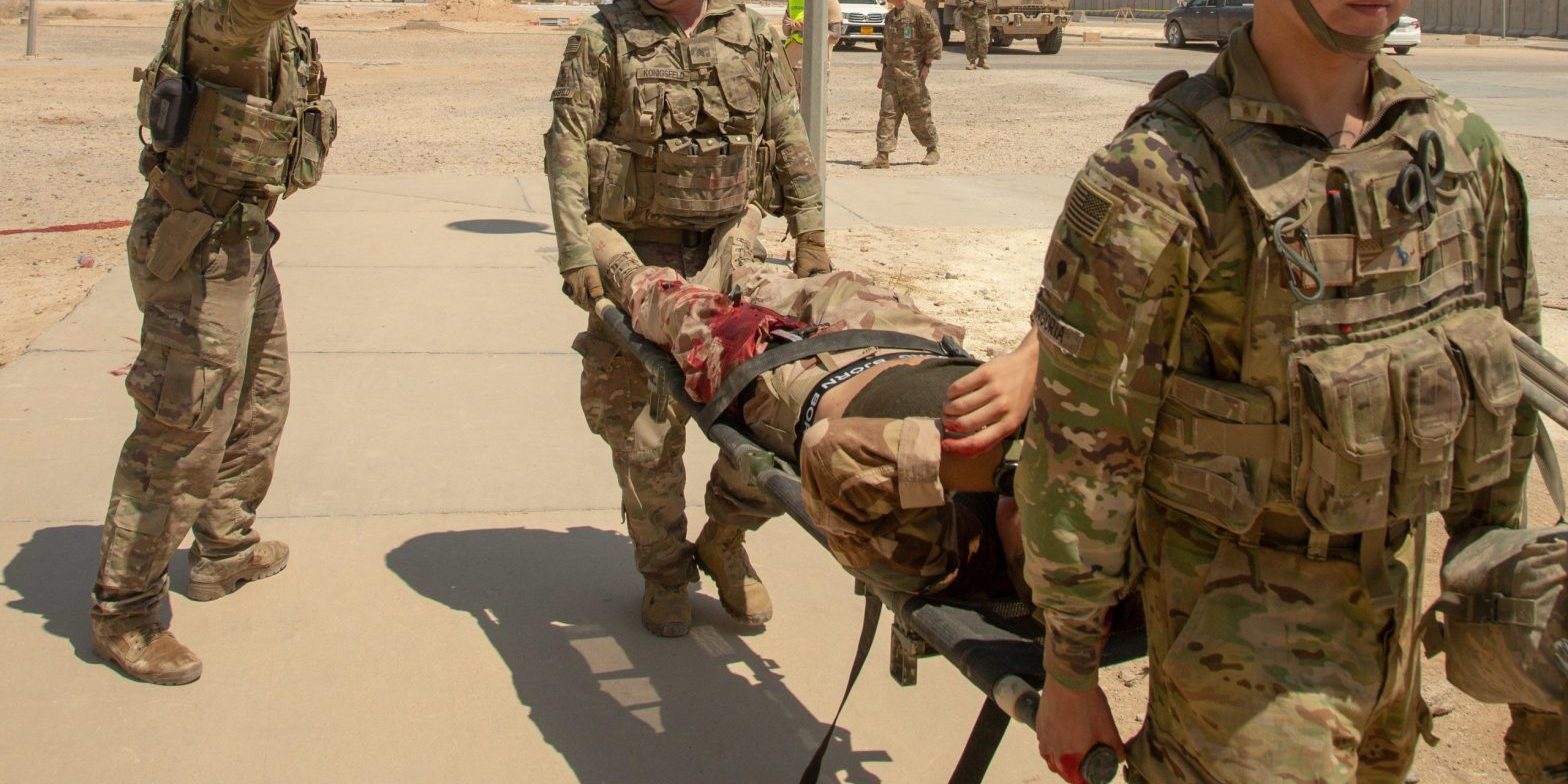This presentation discusses findings from our ethnographic study titled “The Impact of Catastrophic Injury Exposure on Resilience in Special Operations Surgical Teams (SOST)” to explore our new definition of unconventional resilience. Our bottom-up approach to theory development explored unconventional resilience as an integrated transformational process that promotes change-agency through movement. Synthesis of empirical data derived from participant interviews and focus groups highlighted the foundational importance of movement in SOST medic, group, and organizational performance. Coupling movement theory with the emerging neuroscience of beat perception suggests the fundamental importance of rhythmical reasoning to real-time human performance in evolving task-saturated performance environments. We therefore hypothesize that the unconventional resilience is developed, maintained, and enhanced through the ability to pattern rhythm structures in various complex performance spaces. Using this hypothesis, future research will test our performance theory and definition of unconventional resilience using predictive computational models focused on rhythm perception and interpretation.
Study Authors: Erika “Ann” Jeschke, Ph.D.; Maj. Jennifer Patton, MSN; Ph.D., Col. Jay Baker, MD; Mr. Jared Wyma Bradley, MDIv; Col (ret) John Dorsch DO; Lt. Col. Sarah L. Huffman Ph.D.


